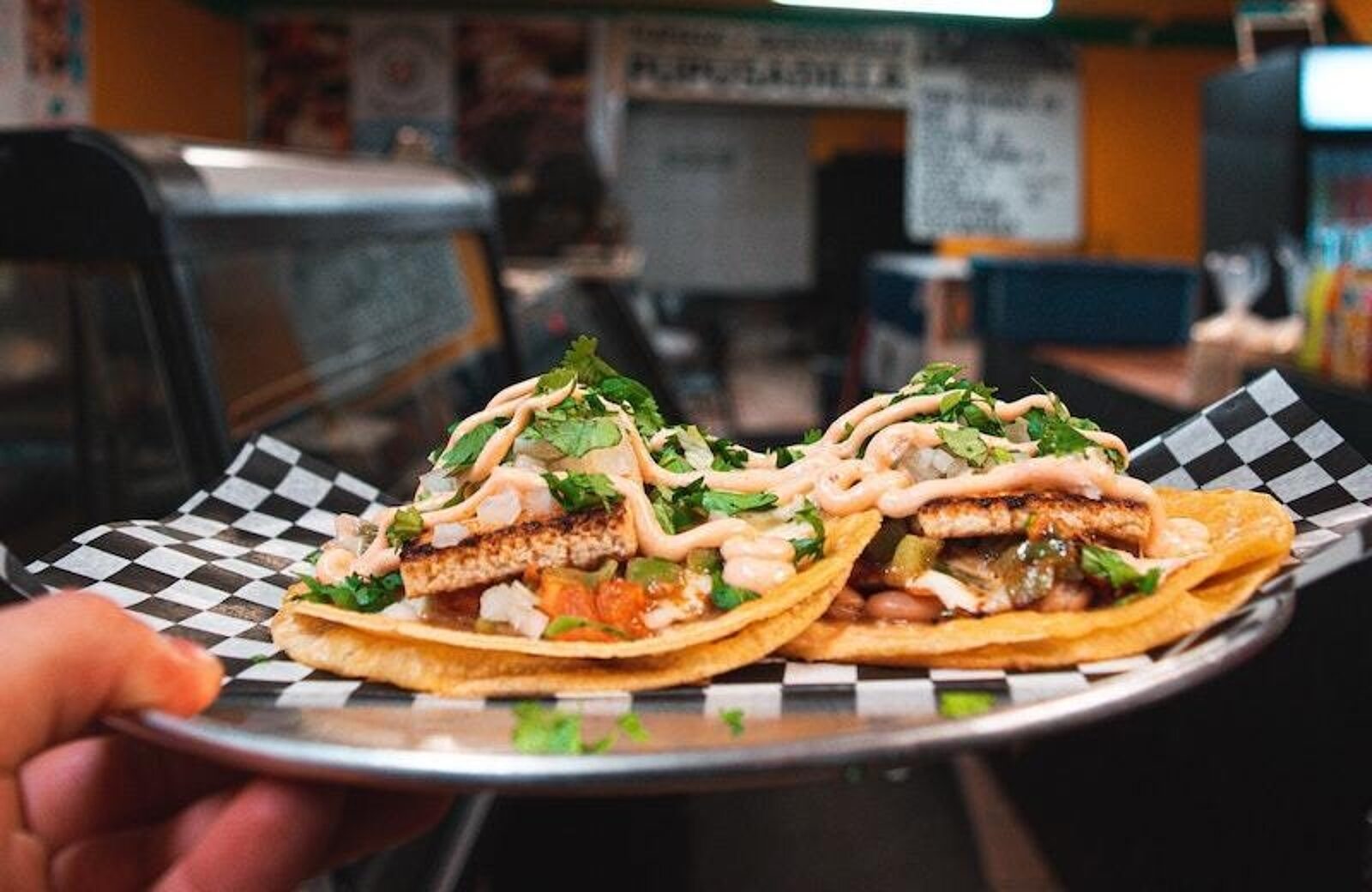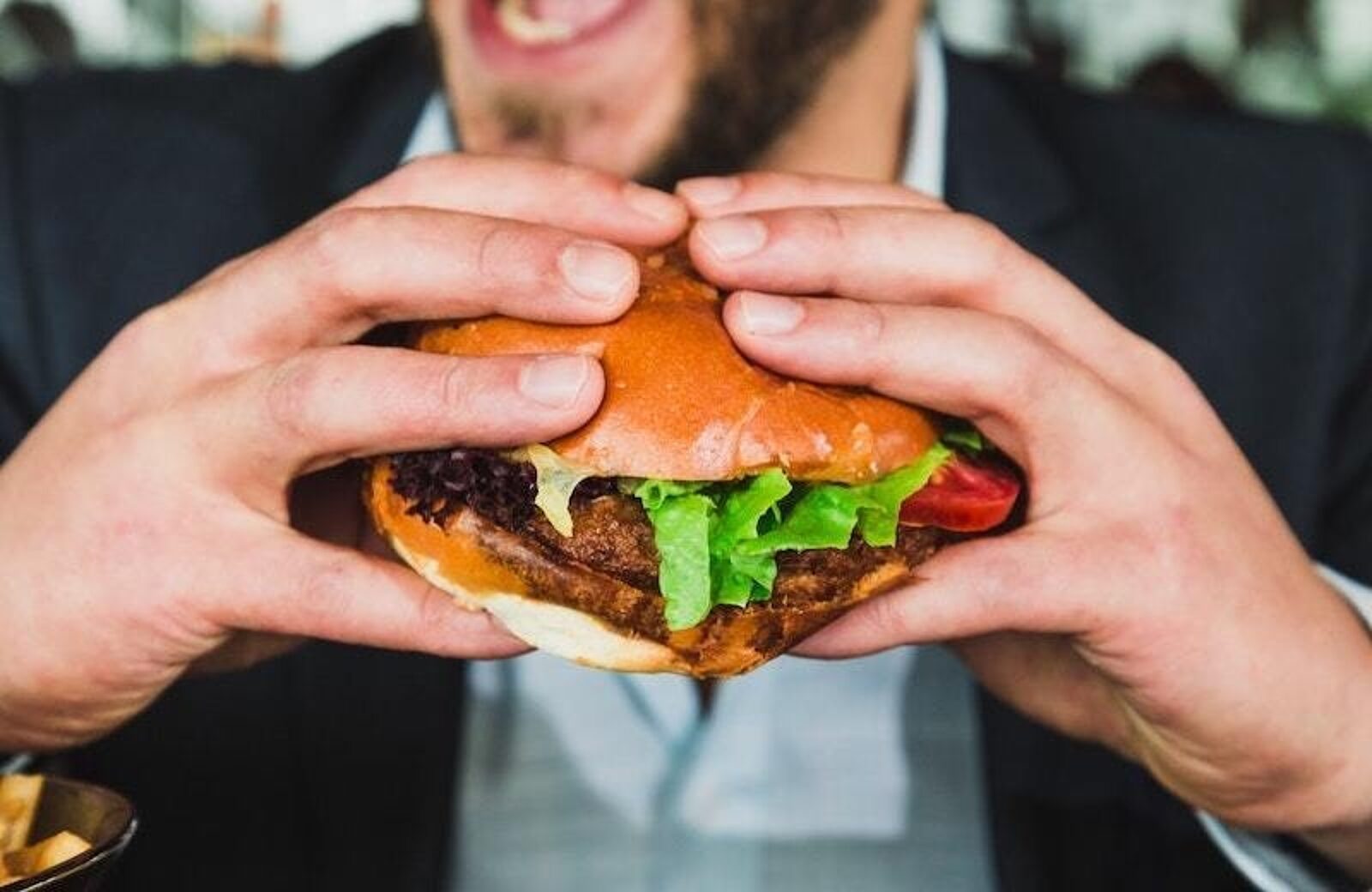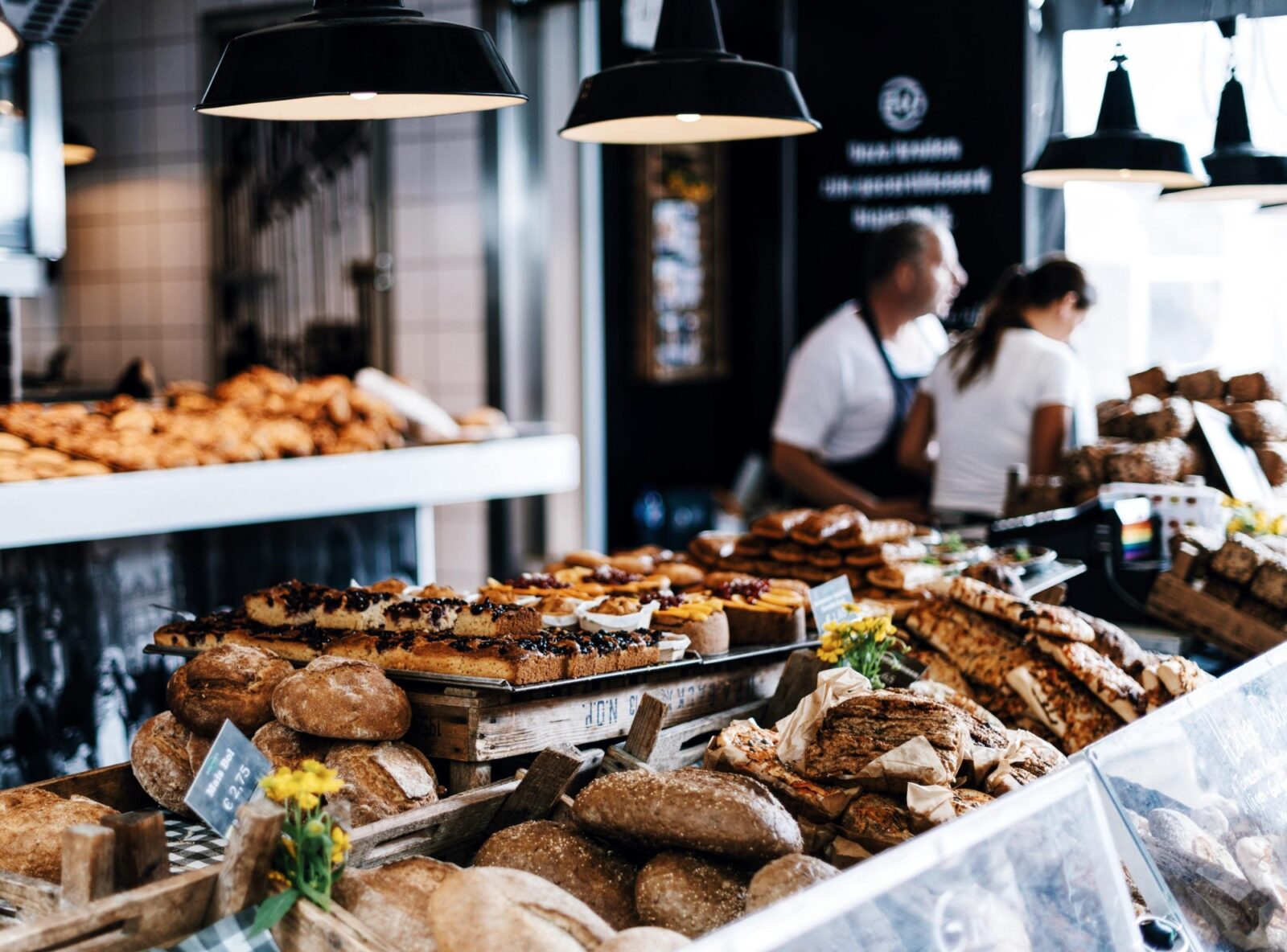Benefits of Operating a Fast Casual Restaurant
Josh MosleyAuthor
Restaurants run the gamut, from elaborate tasting menu experiences to grab-and-go drive-thrus. And the increasingly popular fast casual establishment splits the difference. Chipotle, Qdoba, and Five Guys are just a few notable names dominating the space, and momentum is increasing. According to Allied Market Research, fast casual’s market size – which sat at $125.6 billion in 2019 – is expected to grow to $209.1 billion in the next five years.
That kind of growth illustrates fast casual’s potential to shake up the restaurant industry. So what exactly does that look like? Here are a few benefits fast casual restaurant managers can expect:
Benefits of Operating a Fast Casual Restaurant
The Service is Limited
Restaurants typically devote 20-30% of their gross revenue to labor costs. Fast casual restaurants tend to employ smaller staffs, using self-service to fill in the gaps and significantly decrease labor costs.
With fast casual, your front-of-house staff is limited to a few cashiers, someone to bus tables, and possibly an expeditor to act as a middleperson between the kitchen and wait staff.
With fewer staff members, you can devote more revenue to quality food and an improved customer experience.
On-Premise and Off-Premise Dining Options
Fast casuals provide the best of both worlds. They offer both a welcoming in-house dining experience as well as a quick-and-convenient takeaway one, where customers can order online or pay through the restaurant or a third party’s apps.
Fast casual can also provide catering service and other customized dining experiences.
Lower Average Meal Prices Than Fine Dining
More options doesn’t automatically mean higher prices. Fast casual can offer quality dishes and a sit-down experience for prices more comparable to fast food spots than white tablecloth restaurants.
No Drive-Thrus
Instead of dealing with a line of cars and drive-thrus, fast casual restaurants can focus their energies on personalized in-restaurant service that keeps things moving without letting quality slip.
Easy-To-Use Technology
Some of these innovations include:
Online Ordering
Imagine sitting on the couch and thinking, “Hey, I’d like to stop at [insert restaurant name here].” That’s no problem if you have a smartphone or internet connection. When customers put their orders in online or through the app, the staff can get right to work on multiple dishes, move them along, and keep the flow going.
Text-on-Order Fulfill
A quick text to the app or third-party platform can operate like an online order. As soon as it’s sent in, the kitchen staff is notified and can get it ready for its scheduled pickup.
Kiosk
Kiosks integrate well with fast casual’s inclination toward self-service. For example, the Toast POS terminal plugs right into a kiosk, allowing customers to order and modify their dishes to their exact preferences. Those orders go right back to the kitchen and get made just in time fot the customer’s arrival.
Fast casual is all about convenience. Customers get dishes made their way on their schedule, and restaurants provide guests top-tier products at reasonable prices. Everyone wins!
Related Fast Casual Resources
Restaurant Opening Calculator
This calculator lays out some of the fundamental financial costs of opening a restaurant, so you can start planning and bring your dream restaurant to life.

Is this article helpful?
DISCLAIMER: This information is provided for general informational purposes only, and publication does not constitute an endorsement. Toast does not warrant the accuracy or completeness of any information, text, graphics, links, or other items contained within this content. Toast does not guarantee you will achieve any specific results if you follow any advice herein. It may be advisable for you to consult with a professional such as a lawyer, accountant, or business advisor for advice specific to your situation.



